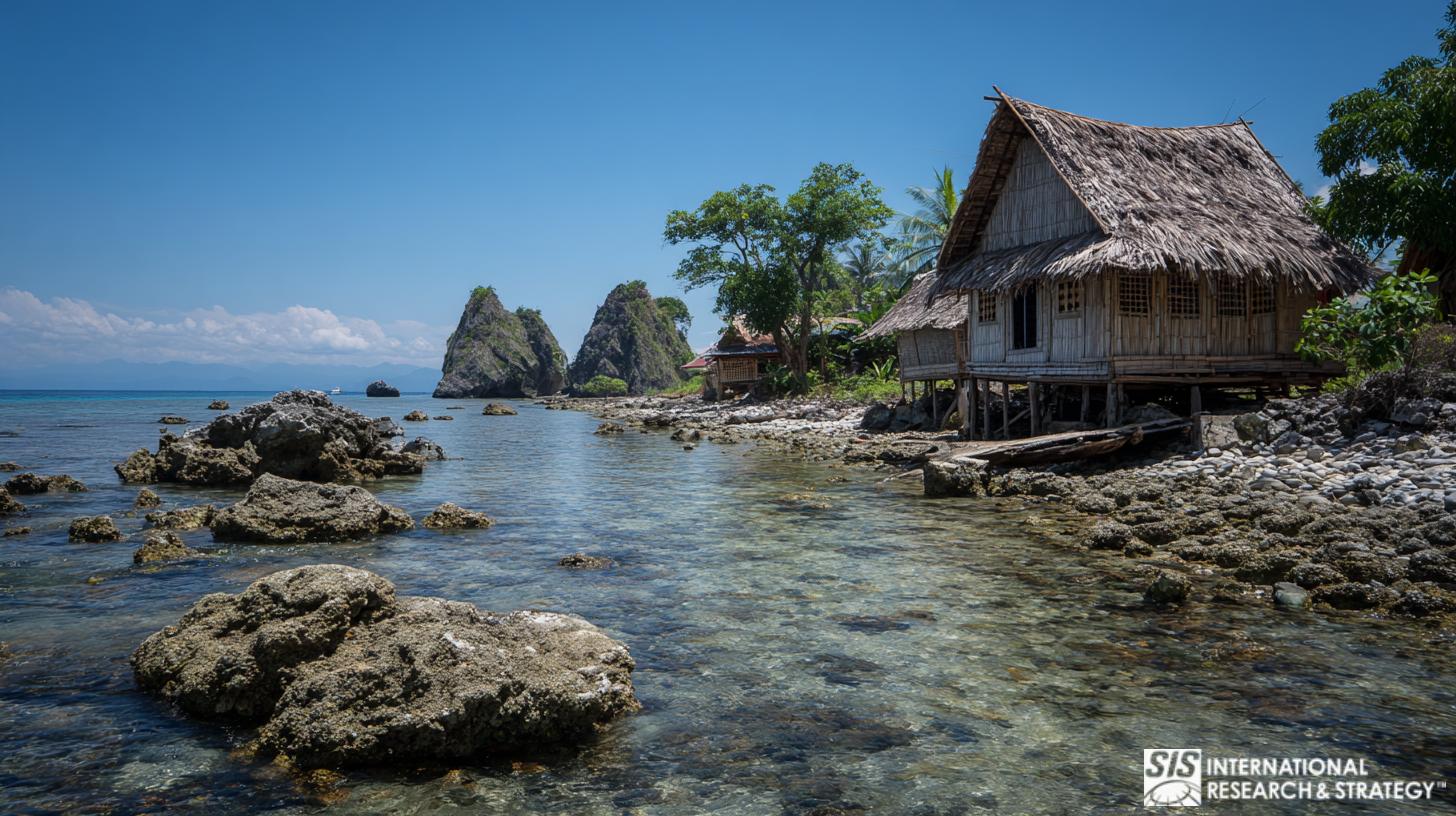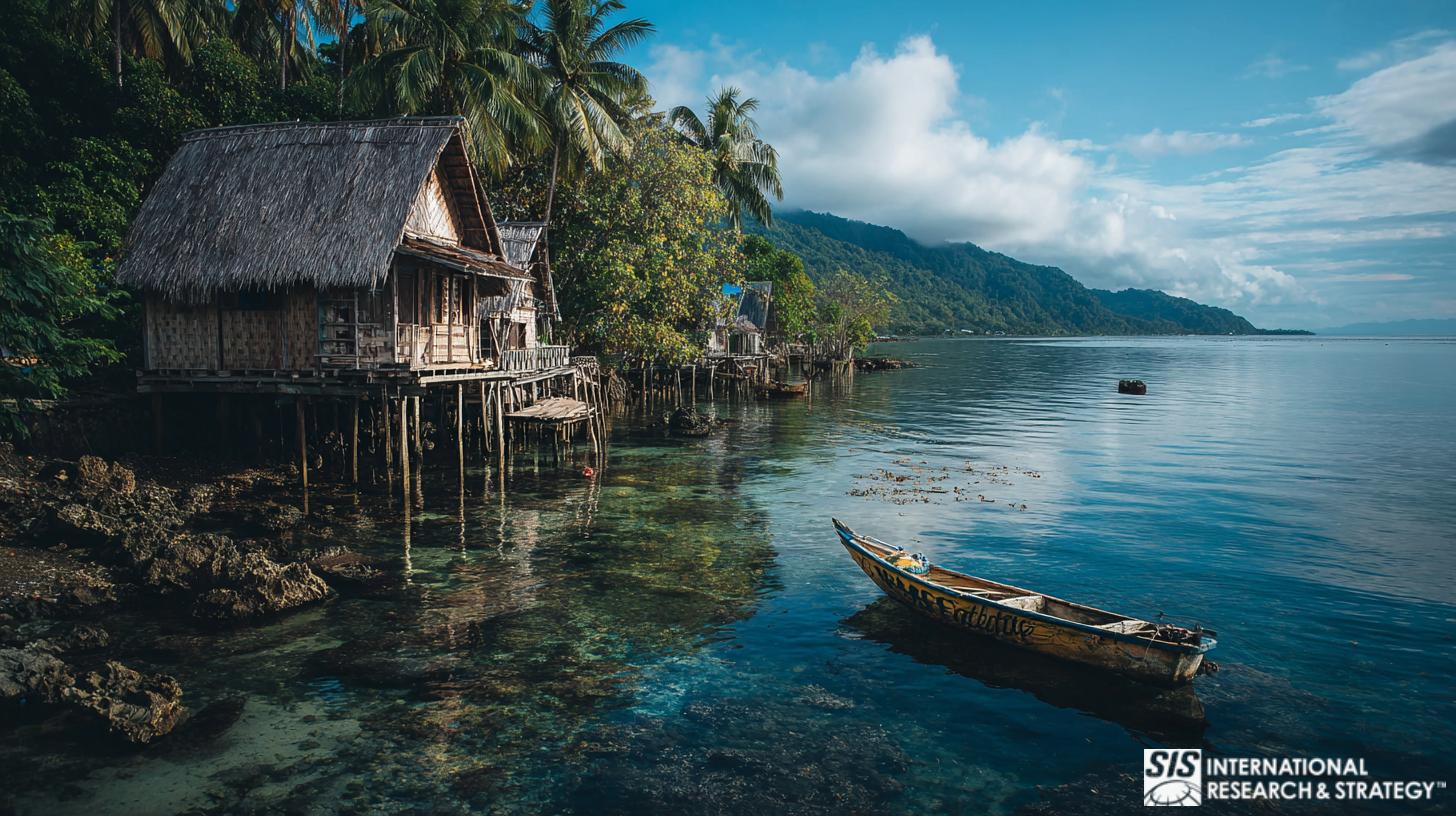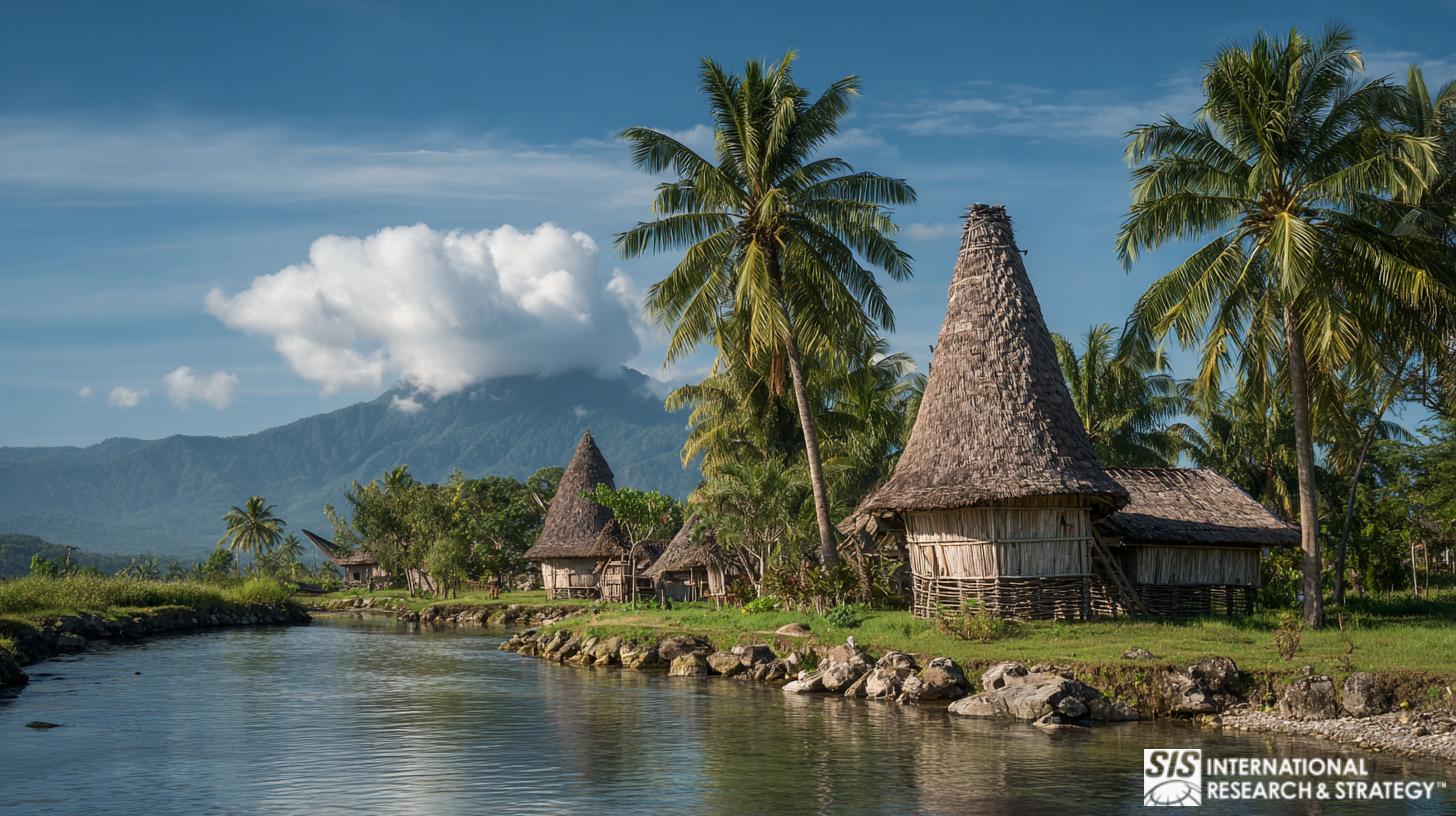苏拉威西岛的市场研究

Any company planning to expand into Sulawesi must grasp the local market dynamics, cultural influences, and economic landscape.
How can businesses thrive in an emerging and diverse market like Sulawesi? Market research in Sulawesi offers crucial insights that help companies understand this unique region and identify valuable opportunities to succeed.
电视able of Contents
What Is Market Research in Sulawesi?
Market research in Sulawesi involves studying local consumer preferences, industry trends, and economic conditions. It also focuses on regional economic conditions, cultural values, and the challenges associated with infrastructure and market accessibility. Market research helps companies address these factors and make well-informed decisions that are essential for succeeding in this diverse and dynamic market.
为什么企业需要苏拉威西岛的市场研究

市场进入研究 can help you decide if your idea for a new business on the island will fly. It’s all based on how similar products have performed in the marketplace. It’s part of your Go to Market Strategy. As such, 市场研究 will help you make wise promotional and product packaging decisions. It will also assist you in coming up with effective marketing messages.
Businesses also require market research in Sulawesi to effectively understand the region’s unique challenges and opportunities. Sulawesi is characterized by its diverse consumer base, expanding industries, and distinct cultural influences, making market research crucial for navigating these complexities.
About Sulawesi
苏拉威西岛位于印度尼西亚中部。西边是婆罗洲和菲律宾,东边是马鲁古群岛,南边是巴厘岛、弗洛雷斯岛和帝汶岛。该岛的长度与英国差不多,是印度尼西亚第四大岛,也是世界第十一大岛。它呈舞动的字母 K 形状。它有四个半岛,由崎岖的中央山脉连接。由于山脉的缘故,半岛之间相距甚远。与公路相比,海路和空路更方便通行。
Ancient cultures, such as the Toraja, flourished in Sulawesi. The island has a unique history, and location. Because it’s so remote, it has distinctive fauna. It’s home to rare species such as tarsiers (a tiny primate), the Sulawesi hornbill, and the Celebes macaque. The island also has several species of freshwater fish.
苏拉威西岛为何重要?
苏拉威西岛面积约 67,400 平方英里。该岛是印度尼西亚东部和东北部发展的重点。过去十年来,该地区的经济增长高于全国平均水平。
South Sulawesi is strategically located as the gateway to Eastern Indonesia. It is the hub of land, sea, and air connections to that part of the island. Other infrastructure has been set up to support the smooth running of economic activities. For example, the island has a new railway line from Makassar to Parepare. This line will connect agricultural centers and industrial areas and link to tourist hotspots in South Sulawesi.
Strategic Economic and Infrastructure Profile of Sulawesi, Indonesia
| Metric | Key Data Point | 来源 |
|---|---|---|
| Population Size | Approximately **20 million inhabitants**, providing a large and growing consumer base, with the majority concentrated in the South Sulawesi province (Makassar). | Statistics Indonesia (BPS) |
| GDP Contribution by Sector | Economy heavily driven by the **Mining and Quarrying sector**, alongside **Agriculture and Fisheries**, which are crucial for commodity production and export. | Statistics Indonesia (BPS) |
| Infrastructure Hub | Makassar (South Sulawesi) serves as the primary gateway and **logistics hub for Eastern Indonesia**, with a major port that facilitates inter-island trade and resource export. | PwC Indonesia (Infrastructure Focus) |
| Digital Penetration | High and rapidly increasing **mobile internet adoption**, especially among the young population, driving e-commerce and digital service uptake in urban areas. | We Are Social (Digital Indonesia Report) |
| Key Natural Resource Focus | The island is a global hotspot for **nickel mining and smelting**, crucial for electric vehicle battery production, driving significant industrial investment and economic growth. | Ministry of Energy and Mineral Resources (ESDM) |
Source: Data compiled from major Indonesian governmental bodies and international reports, as linked above.
Key Industries and Leading Players in Sulawesi
Sulawesi’s economy is diverse, with several industries playing key roles in its growth. Below are some of the major industries and leading players in the region:
- 农业: Agriculture is a cornerstone of Sulawesi’s economy, particularly the cultivation of cocoa, coffee, and spices. Key players include smallholder farmers and cooperatives that contribute significantly to both local consumption and export markets.
- 渔业: The fisheries sector is a significant contributor to the economy, with Sulawesi being one of Indonesia’s top regions for fish production. Companies such as PT Celebes Mina Pratama are leading players in seafood processing and export.
- 旅游: Sulawesi’s natural beauty and rich cultural heritage make tourism a growing industry. Leading players include eco-tourism operators and local travel agencies that offer unique experiences, such as visits to Tana Toraja and Bunaken National Park.
- 矿业: Sulawesi is rich in natural resources, particularly nickel. Companies like PT Vale Indonesia extract and process nickel, contributing to the region’s industrial growth.
- 制造业: Manufacturing, especially related to food processing and raw materials, is a growing industry in Sulawesi. Local companies focus on processing agricultural products like cocoa and coffee.
- 房地产: The real estate sector is expanding, driven by the need for residential, commercial, and hospitality developments. Developers are increasingly interested in Sulawesi’s urban areas as they continue to grow.
- 零售: The retail industry is developing, with an increasing number of modern retail outlets appearing in urban centers, catering to both local consumers and tourists.
城市、地区和社区

岛上 1500 万居民中的大多数居住在南苏拉威西省。岛上首府望加锡的繁忙港口就位于该省。位于中苏拉威西省的帕卢是另一个主要城市。万鸦老市位于北苏拉威西省,位于克拉巴特山(6634 英尺)脚下。肯达里位于东南苏拉威西省,位于班达海。
Opportunities for Business Growth
The Sulawesi market presents numerous opportunities for business growth, especially in key sectors. Below are some of the primary opportunities that businesses can leverage:
- Agri-Business Expansion: The growing demand for Sulawesi’s agricultural products, such as cocoa and coffee, offers opportunities for investment in production, processing, and export.
- Tourism and Eco-Tourism: The region’s natural beauty and cultural attractions present opportunities for tourism businesses focusing on eco-friendly and sustainable travel experiences.
- Marine and Fisheries Development: Sulawesi’s rich marine resources allow businesses involved in fisheries, seafood processing, and aquaculture to benefit from growing demand in both domestic and international markets.
- 基础设施项目: Government initiatives to improve infrastructure, including roads and ports, create opportunities for construction companies and related service providers.
- 再生能源: Sulawesi’s potential for renewable energy projects, including hydro and solar power, offers opportunities for businesses focusing on green energy solutions.
- 房地产开发: As urban areas expand, there is an increasing need for residential, commercial, and hospitality properties, which offers opportunities for real estate developers.
- 当地合作伙伴关系: Collaborating with local businesses can help overcome entry barriers and establish a strong foothold in the market, fostering community ties and shared growth.
